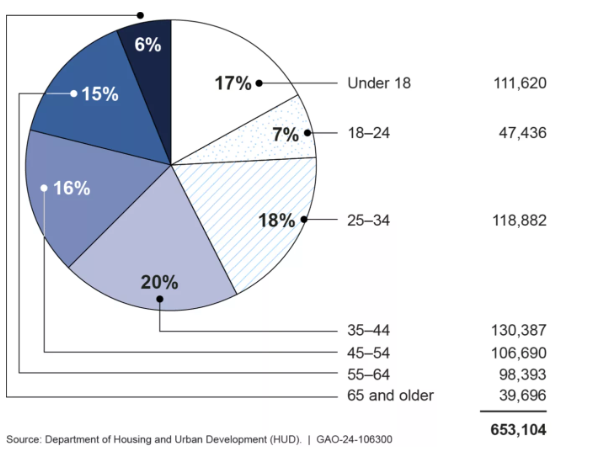American colleges abolishing the SAT/ACT as a factor considered in admissions would only help students, particularly in addressing the systemic inequalities of the college admissions process.
The COVID-19 pandemic brought debate over whether the SAT/ACT should be kept as a part of college admissions. Talk of abolishing these tests has been around for years, but it has come to the forefront of college admissions due to the pandemic preventing any SAT/ACTs from being administered for nearly a whole school year, resulting in many colleges becoming temporarily or permanently test-optional.
Abolishing the SAT/ACT is a clear step colleges can take towards ridding themselves of systematic inequalities that put students who are of racial-minority or lower income at a clear disadvantage.
Richard Vedder, a Professor of Economics at Ohio University recognizes part of the college admissions process is being a quest towards racial justice and greater intergenerational income mobility. Wealth and socioeconomic background make a difference when it comes to SAT/ACT scores. There is a reason that students with money do better than those without.
Wealthy students have access to tutors, thousand-dollar prep courses, and schools that provide better SAT/ACT support, while students from poorer backgrounds do not. Students from poorer backgrounds have to worry about working to support their families, and not having medical care.
The SAT/ACT systematically contributes to keeping racial minority, and lower-income families at a disadvantage by being an obstacle to students trying to gain the education necessary to achieving equality with wealthy white Americans.
An argument from proponents of the SAT/ACT is that it is believed to be an accurate predictor of collegiate academic performance. It is argued that the SAT/ACT is the fairest way to assess students’ ability and that other evidence of academic success such as GPA or essays can be too easily manipulated. Multiple studies conducted in the last decade on schools with test-optional policies, however, concluded that there is no significant difference between the GPA of college students who submitted standardized testing scores and those who did not. In 2018, George Washington University President Thomas LeBlanc stated that high-school performance is a better predictor than the SAT of college performance. Those complaining that the SAT/ACT are the only fair methods of assessing a high school students’ academic ability should pay attention to the cheating scandals that are not uncommon within the SAT/ACT, particularly when they were at the forefront of American news in 2019. Families taking advantage of wealth to cheat on the SAT/ACT is nothing new.
It is irresponsible to call upon individual students who are systematically disadvantaged to simply work harder to achieve equality with groups with privilege. The College Board and college admissions offices have the power to abolish a factor of college admissions that puts students who are already at a disadvantage at even more of a disadvantage and need to recognize and act upon this responsibility.












